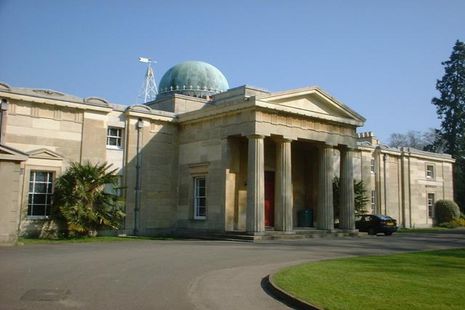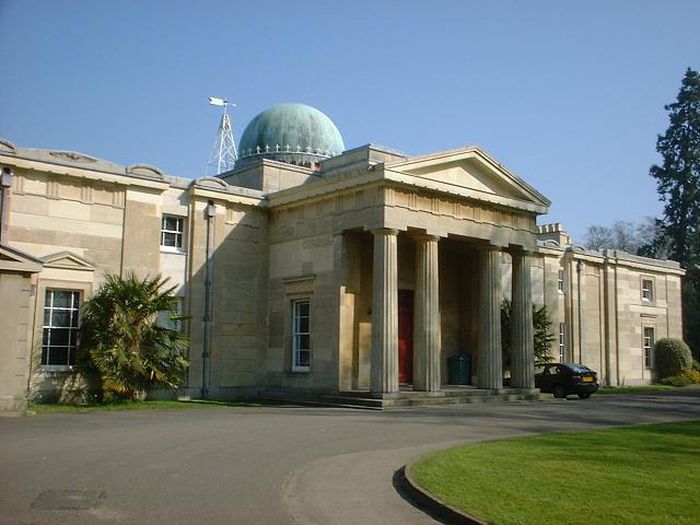Asteroid named after Cambridge’s first professional female astronomer
The significance of Annie Walker’s work has been uncovered more than a century later

An asteroid has been named after 19th century astronomer Annie Walker, Cambridge’s first professional female astronomer.
Cambridge’s Institute of Astronomy has secured International Astronomical Union naming of an asteroid in the outer main belt Themis group, now called “(5400) Anniewalker = 1989 CM”.
Walker spent 25 years employed as a “computer” at Cambridge Observatory, assisting her male colleagues who, unlike her, had access to telescopes. However, new research has revealed the full extent of her work, including the documented observation of over 1500 stars.
Now, Walker has been recognised as Cambridge’s first female professional observing astronomer. She is also believed to be the second in Britain, after Caroline Herschel.
Mark Hurn, Information Manager of the Library at Cambridge’s Institute of Astronomy, and Roger Hutchins of Magdalen College, Oxford, have used historical records to get a better picture of Walker’s career and the significance of her contributions.
Their research has found that Walker played an important role in publications such as “The Cambridge Zone Catalogue,” which was part of the first international attempt to map the night sky. Her work in this catalogue took the the form of an appendix titled “Revisions Made by Miss Walker in the Years 1896 to 1899,” which comprised 4800 observations of stars. Her appendix formed about 10% of the whole catalogue.
Beginning work at the observatory at the age of 15, Walker would have been one of numerous women who were talented at mathematics and who “computed” the findings of male astronomers.
Though Walker was the highest paid woman in British astronomy at the time, receiving a salary of £90 per year from the observatory, she died without seeing her work recognised by any formal body.
Hurn said: “There’s something of a tragedy to this, really – in that she almost certainly never saw her work formally recognised. And that’s really been part of our motivation, to redress things and see her given the sort of recognition she deserves. We felt that we wanted to really do her justice and try and find out everything we could about her story.”
Stephanie Buttigieg, PhD student and co-chair of the Women’s Network at the Institute of Astronomy said: “This is such an inspiring story. Astronomy back then would have been a typically male career, so to step up in the way Annie did would have taken a lot of courage, and it’s great that she’s finally getting the credit she deserves.”
Buttigieg added: “As a society we have progressed in terms of gender equality, but there is still a challenge in that girls often don’t have the confidence to go into science. Representation is so important, for women to see other women who have succeeded, and that’s why stories like this are so important.”
 News / Colleges charge different rents for the same Castle Street accommodation2 March 2026
News / Colleges charge different rents for the same Castle Street accommodation2 March 2026 News / News in Brief: waterworks, wine woes, and workplace wins 1 March 2026
News / News in Brief: waterworks, wine woes, and workplace wins 1 March 2026 News / Climate activists protest for ‘ethical careers policy’1 March 2026
News / Climate activists protest for ‘ethical careers policy’1 March 2026 News / Angela Merkel among Cambridge honorary degree nominees27 February 2026
News / Angela Merkel among Cambridge honorary degree nominees27 February 2026 News / Private school teacher who lied about Cambridge degree barred from teaching27 February 2026
News / Private school teacher who lied about Cambridge degree barred from teaching27 February 2026









